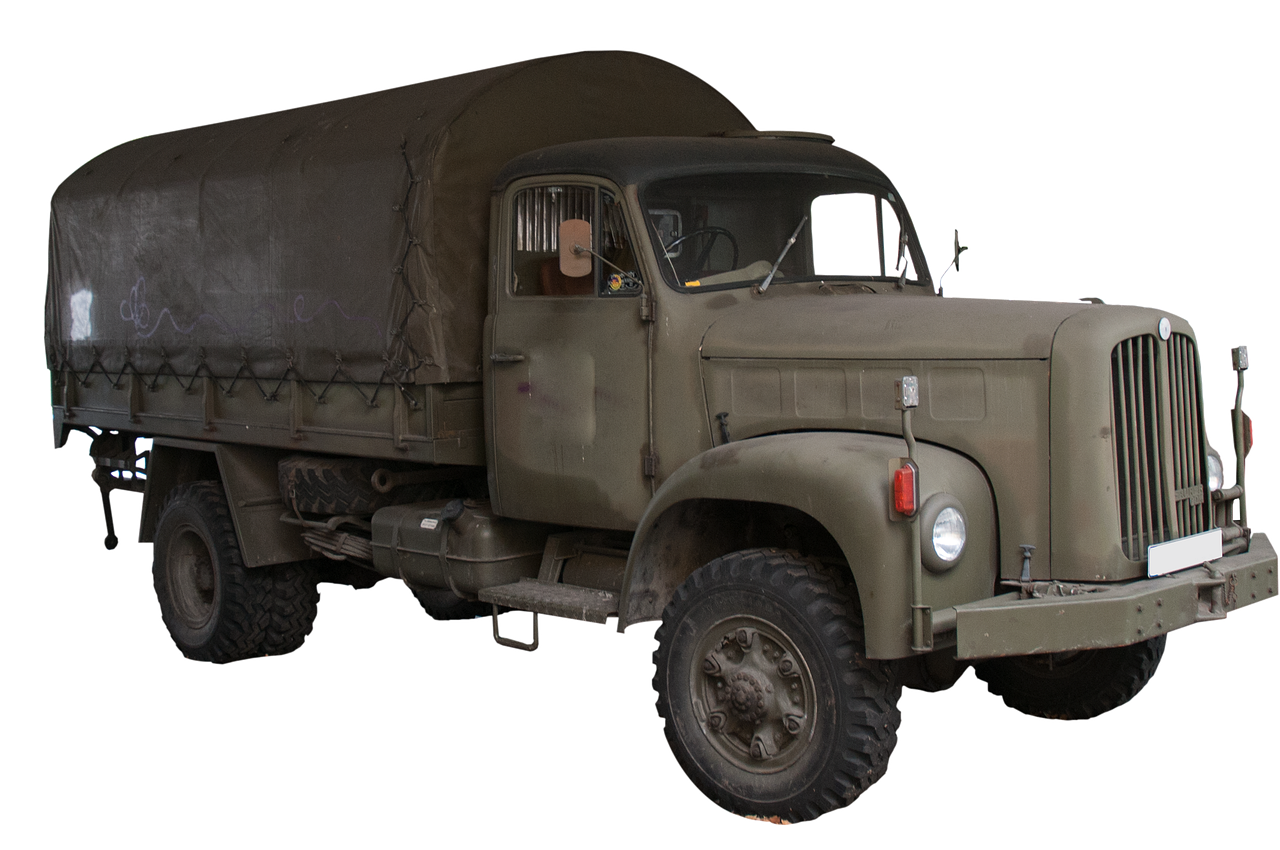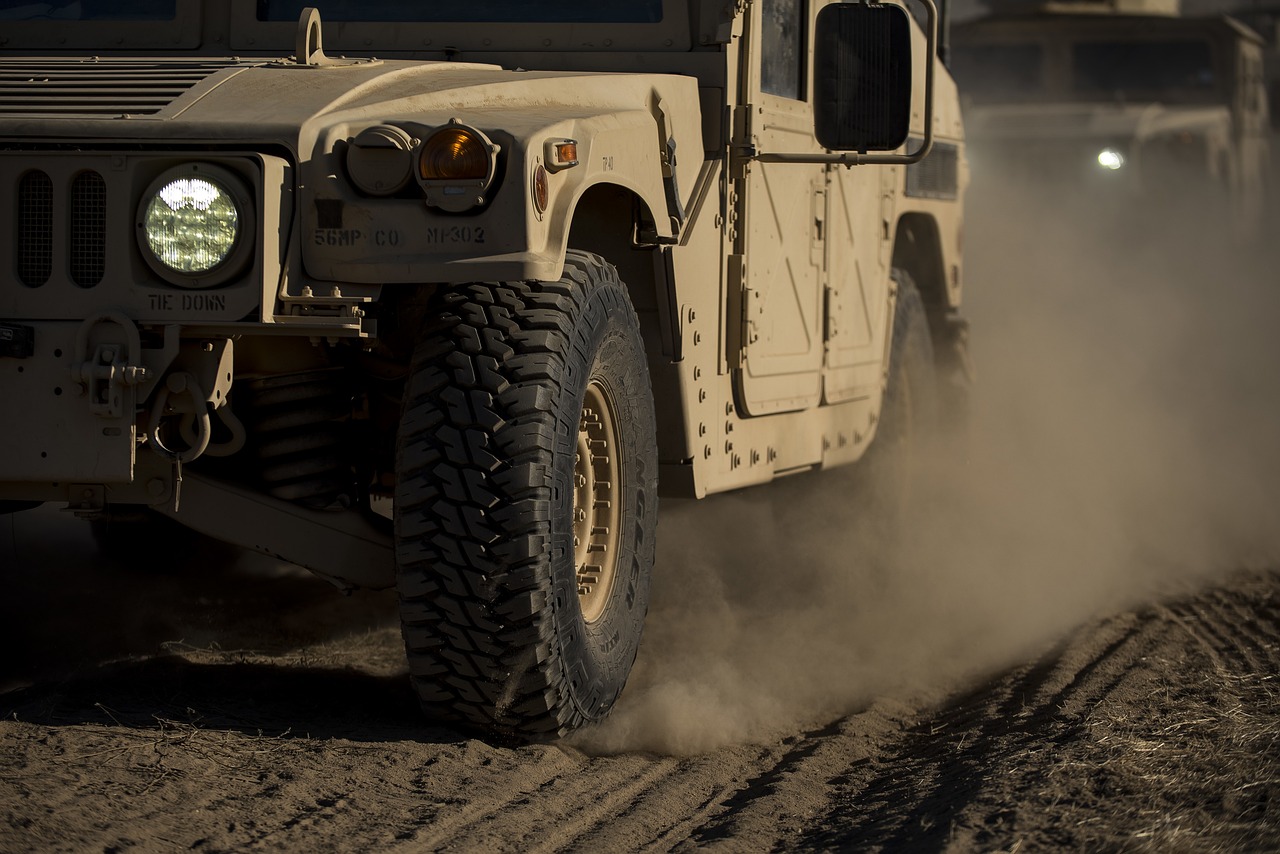Hannibal: The Genius Behind the Carthaginian Army
When delving into the annals of military history, one name shines brightly among the rest - Hannibal Barca, the brilliant Carthaginian general whose strategic prowess and innovative tactics challenged the mighty Roman Empire during the tumultuous Second Punic War. Hannibal's legacy as a military genius is etched in the sands of time, reshaping the art of warfare and leaving an indelible mark on the pages of history.
Born into a military family in Carthage, Hannibal's early life was steeped in the art of war. Influenced by his father, Hamilcar Barca, a renowned Carthaginian general, Hannibal's upbringing was a crucible of military education and strategic thinking. These formative years laid the foundation for the military mindset that would later propel him to greatness on the battlefield.
Hannibal's audacious campaign in Italy stands as a testament to his daring and ingenuity. The legendary crossing of the Alps with war elephants sent shockwaves through the Roman Republic, showcasing his boldness and strategic vision. Victories at pivotal battles like Cannae and Trasimene demonstrated Hannibal's tactical brilliance, employing innovative strategies that outmaneuvered and outwitted his Roman adversaries.
One of Hannibal's key strengths lay in his ability to forge alliances with diverse groups, including Gauls and Italian tribes, as well as effectively managing mercenary forces that bolstered his army's strength. This skill in diplomacy and leadership enhanced his military capabilities and solidified his position as a formidable commander.
Not content with land battles alone, Hannibal also ventured into naval campaigns, challenging Roman dominance at sea. His strategic use of naval power to support his land campaigns showcased his versatility and comprehensive approach to warfare, further highlighting his tactical acumen.
The Battle of Cannae stands as a crowning achievement in Hannibal's illustrious career. Here, he executed a masterful encirclement maneuver, decimating a vastly superior Roman force and securing his place in history as a military genius. The aftermath of Cannae reverberated throughout the ancient world, underscoring Hannibal's strategic brilliance and unmatched battlefield prowess.
Hannibal's legacy extends far beyond his own time, influencing military tactics, leadership principles, and strategic thinking for centuries to come. His impact on subsequent military leaders and the enduring study of his campaigns in modern times attest to the enduring legacy of this Carthaginian genius.

Early Life and Background
Hannibal Barca, one of history's most renowned military leaders, was born into a prominent Carthaginian family around 247 BC. His father, Hamilcar Barca, was a distinguished general who instilled in Hannibal a deep passion for warfare and a burning desire to avenge Carthage's earlier defeat in the First Punic War against Rome. Growing up amidst the tumultuous backdrop of ancient Carthage, Hannibal received a comprehensive education in military strategy, leadership, and diplomacy from a young age.
Hamlicar's influence on Hannibal's military mindset was profound, shaping his early years and preparing him for the challenges that lay ahead. As a young man, Hannibal accompanied his father on military campaigns in Spain, where he honed his skills in combat and gained valuable experience in leading troops. These formative experiences laid the foundation for Hannibal's future successes as a military commander.
Despite facing adversity and political intrigue within Carthage, Hannibal's unwavering determination and strategic acumen set him apart from his peers. His ability to think outside the box and devise unconventional tactics would later become his trademark on the battlefield, earning him a reputation as a brilliant and audacious military leader.
As Hannibal matured, his ambition to challenge Rome's dominance in the Mediterranean grew stronger. His early life and formative years provided him with the necessary tools and mindset to embark on a daring campaign that would forever change the course of history and establish his legacy as the genius behind the Carthaginian army.

Strategic Campaigns in Italy
When it comes to Hannibal's strategic campaigns in Italy, one cannot help but marvel at the audacity and brilliance displayed by the Carthaginian general. His daring invasion of Italy, marked by the legendary crossing of the Alps with war elephants, sent shockwaves through the Roman Republic. Hannibal's unconventional tactics and unwavering determination posed a serious threat to Rome's dominance in the region.
One of the most iconic battles of the Second Punic War, the Battle of Cannae, stands as a testament to Hannibal's strategic acumen. Here, he employed the tactic of double envelopment, encircling and decimating a much larger Roman force with precision and skill. This victory showcased Hannibal's ability to outthink and outmaneuver his adversaries on the battlefield.
Throughout his campaigns in Italy, Hannibal demonstrated a keen understanding of the terrain and utilized it to his advantage. By exploiting the natural geography and leveraging his knowledge of Roman military tactics, he consistently outmaneuvered his opponents and secured crucial victories that shook the foundations of the Roman Republic.

